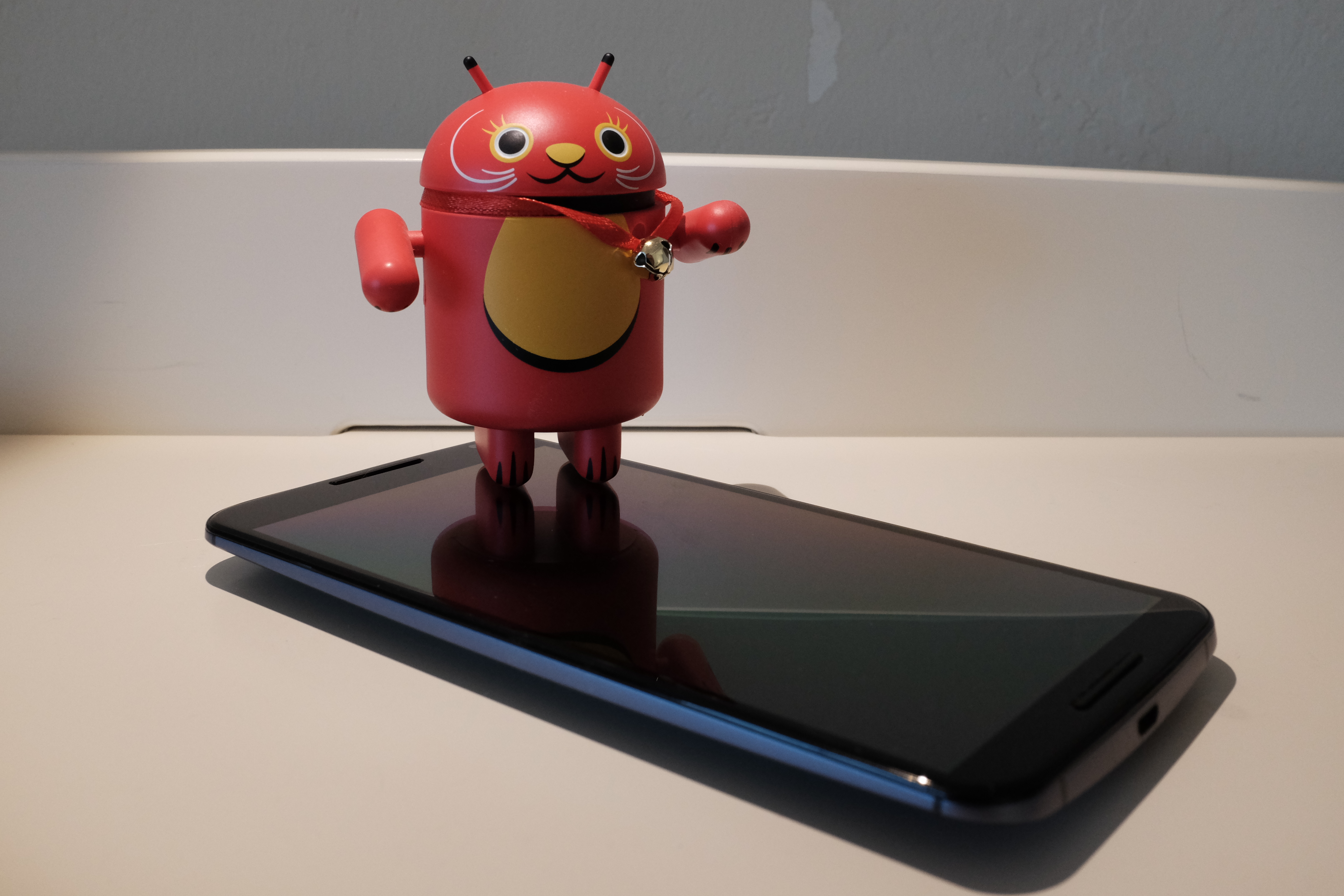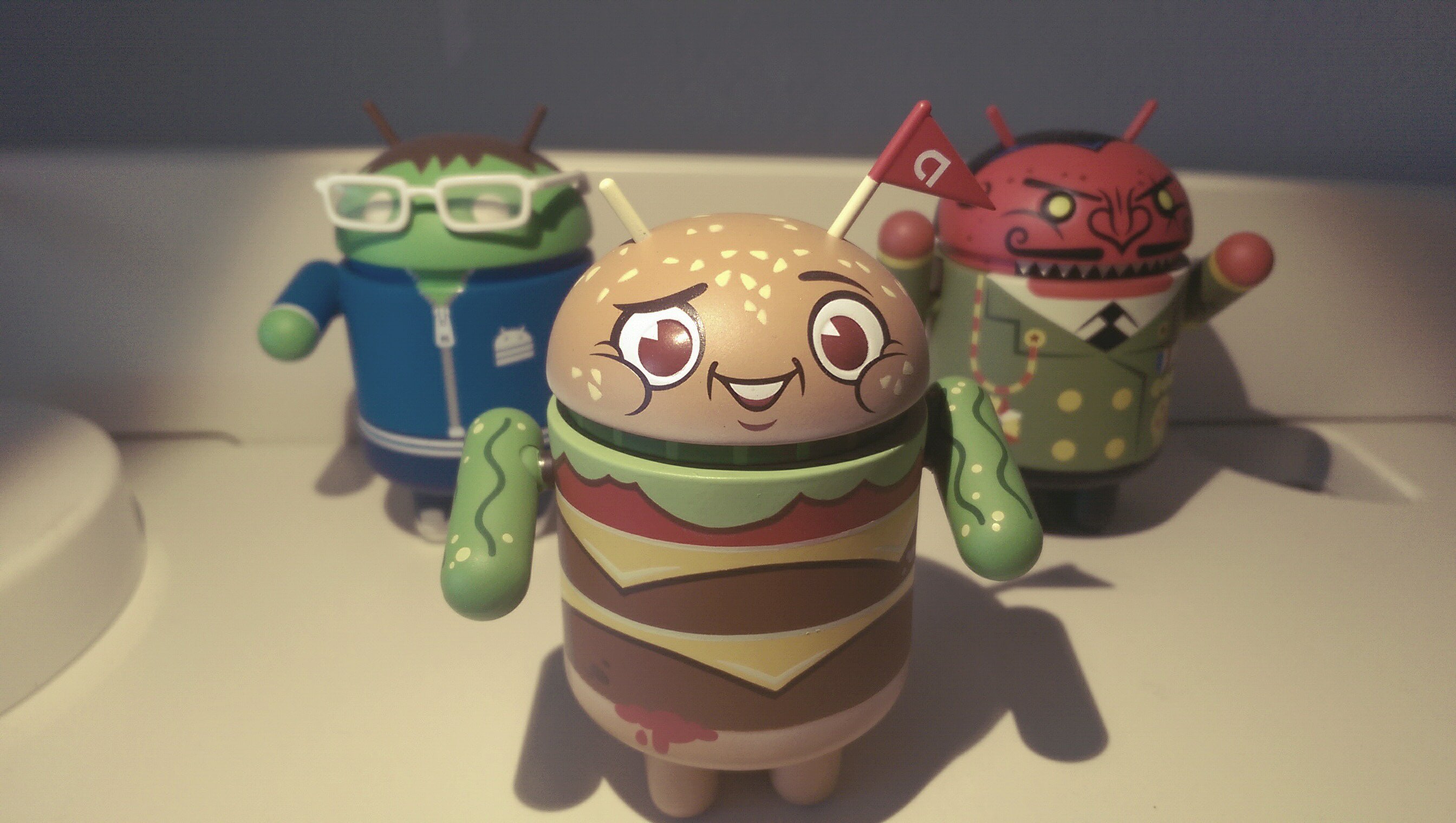Finely balanced and contextually practical are the terms that best describe my first impressions of Google’s flagship Android. Nexus 6P preorders are about to ship, and I was fortunate to receive a review model but with short embargo lift: Delivered Oct. 16, 2015 before every blogger and reviewer on the planet blasted out simultaneous reviews and first-reactions on the 19th. I choose the latter, because a scant three days isn’t enough time to rightly evaluate the smartphone.
Much of my experience is cast in moving from the previous flagship, Nexus 6, although there was a day between them where iPhone 6s Plus and I fitfully danced. The 6P is in many respects what its predecessor should have been: Smaller. Much as I like the larger Motorola-made phablet, its Huawei-manufactured successor has greater physical and feature balance. Both are superb smart devices, but the newer Nexus is better tuned to practical purposes.










